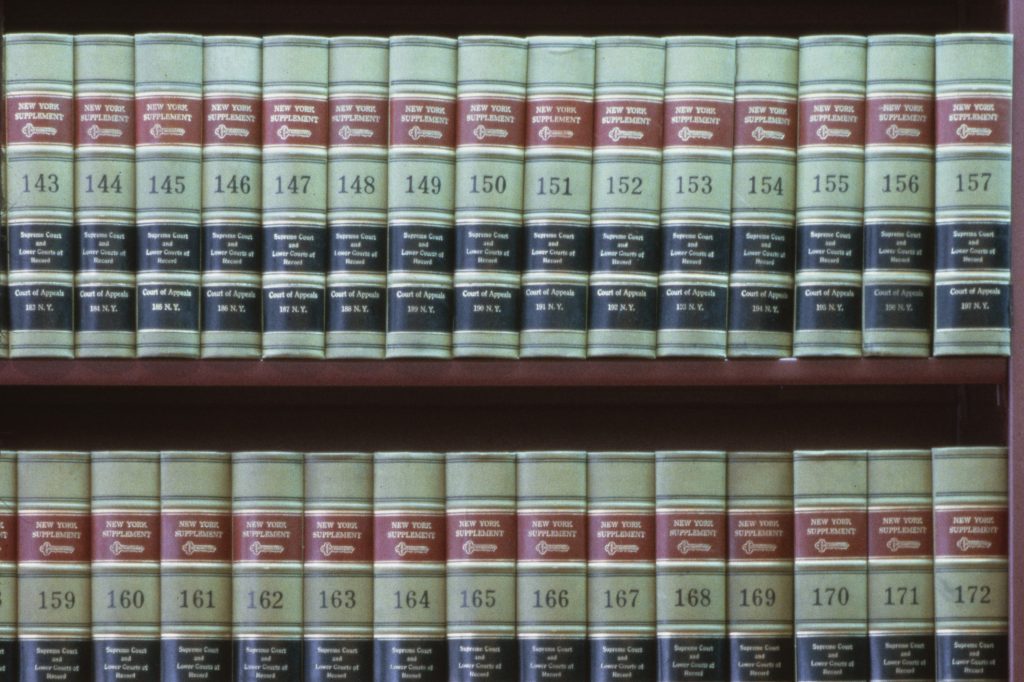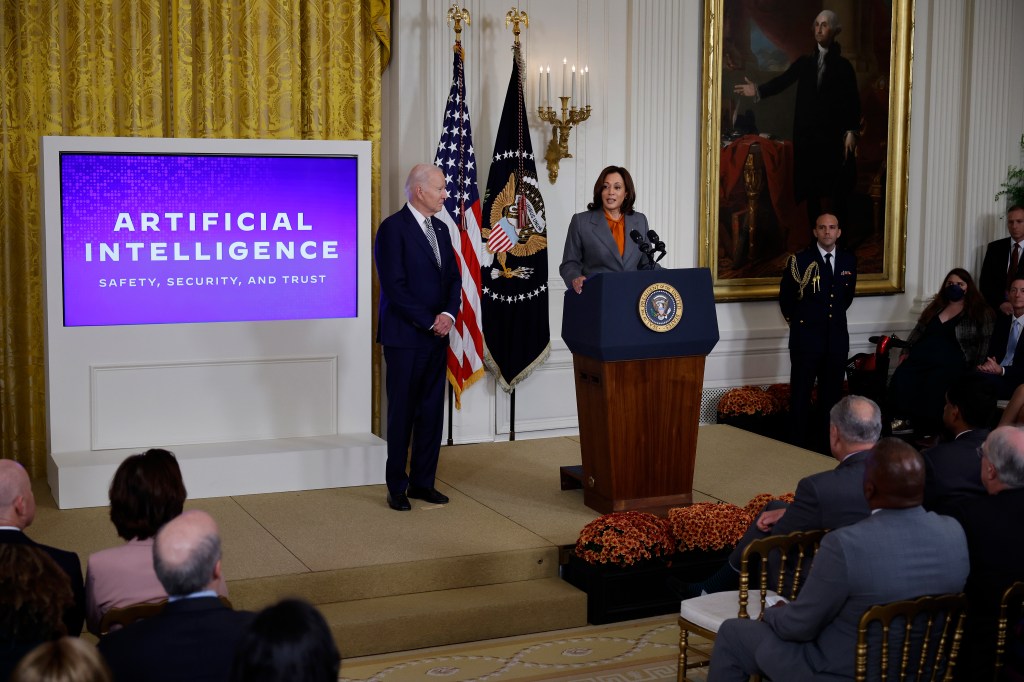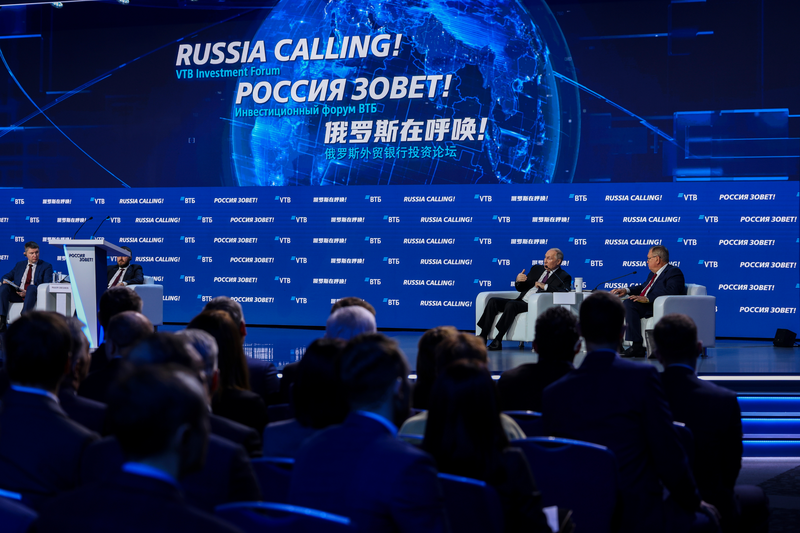We set out a high-level overview of the current UK, EU and US sanctions in addition to asset freezes (the latter covered in Part 2 of our series).
Please note that exceptions, grounds for licensing and wind-down periods often apply to specific sanctions; if you would like an analysis as to the legality of a particular transaction, trade or matter, do get in touch.
UK
The UK has announced its intention to introduce certain new sanctions measures which it has not yet implemented, including:
- Restrictions to cut off wealthy Russians’ access to UK banks including a £50,000 ($64,000) limit on bank accounts; and
- The suspension of the process by which actions taken to manage the orderly failure of Russian banks are recognised under the laws of the UK, in cases where the bank is a sanctioned entity.
Financial services
- A ban on dealing with transferable securities and money market instruments or issuing new loans or credit with a maturity exceeding 30 days to:
- where issued since 2014, an entity listed in Schedule 2 (including Sberbank, VTB Bank, Gazprombank, VEB, Rosneft, Transneft and Gazprom Neft) or their non-UK subsidiaries;
- where issued since March 1, 2022, UK subsidiaries of Schedule 2 entities; a “person connected with Russia” (an individual located in or ordinarily resident in Russia, or an entity domiciled, incorporated or constituted under the law of Russia); an entity owned by or acting on behalf/at the direction of such as person; or the Government of Russia;
- where issued on or after December 16, 2022, by a person not connected with Russia where the purpose of the loan or credit is to make a new investment in Russia;
- A ban on UK credit or financial institutions establishing or continuing a correspondent banking relationship with, or processing payments to from or via, a designated person;
- A ban on financial services for foreign exchange reserve and asset management to the Central Bank of the Russian Federation, the Russian National Wealth Fund and the Ministry of Finance, and persons owned or controlled directly or indirectly by them or acting on their behalf or direction;
- A ban on new investment, specifically the:
- direct acquisition of any ownership interest in Russian land and entities connected with Russia;
- indirect acquisition of any ownership interest in Russian land and entities connected with Russia for the purpose of making funds or economic resources available to, or for the benefit of, persons connected with Russia;
- direct or indirect acquisition of any ownership interest in entities with a place of business in Russia (which are not persons connected with Russia) for the purpose of making funds or economic resources available (directly or indirectly) to, or for the benefit of, persons connected with Russia;
- establishment of joint ventures with a person connected with Russia;
- opening of representative offices and establishing branches and subsidiaries in Russia; and
- provision of investment services directly related to the above; and
- Selected Russian banks removed from the SWIFT messaging system.
Trade
Exports
- A ban on the export, supply and delivery, and making available of the following goods and technology, and related services, to Russia:
- military and internal repression items;
- advanced technology items: dual-use, ‘critical industry’, special materials, quantum computing, aviation, maritime and space;
- a wide range of items mainly for the manufacturing sector and luxury items;
- infrastructure-related, energy-related and oil refining items, and jet fuel;
- sterling or EU denominated banknotes; and
- the supply and delivery of certain revenue generating goods from Russia to third countries, except those with important humanitarian or civilian use such as certain agricultural and energy-related goods.
Imports
- A ban on the import or acquisition of the following goods and technology consigned from or originating in Russia, as well as related services:
- oil and oil products, LNG, and coal and coal products;
- iron and steel items, including of Russian iron and steel goods that have been processed in third countries;
- a range of materials and manufactured items generating revenue for Russia;
- gold and gold jewellery;
- diamonds and diamond jewellery;
- a 35% tariff on imports of certain goods originating in Russia and Belarus; and
- certain Russian metals, and articles thereof, including copper, nickel, aluminium, lead, zinc, tin, tungsten and other base metals.
Services
- A ban on the provision of the following services:
- maritime transport, insurance and other financial services for ships carrying Russian crude oil/refined oil products to or between third countries, unless the crude oil/refined oil products has been sold below a specific price cap;
- trust services, accounting, business and management consulting, public relations, advertising, architectural, auditing, engineering and IT consultancy and design services to persons connected with Russia;
- legal advisory services to any person who is not a UK person in relation to any activity which would, if carried out by a UK person or in the UK, contravene UK sanctions on Russia, except legal representation, compliance with UK statutory obligations and whether an act complies with UK sanctions. A General Trade Licence authorises certain such services;
- social media, internet services and app stores are required to block content from RT and Sputnik; and
- a ban on all Russia-owned or operated aircraft and ships from UK airspace, landings, and ports, and on aviation and shipping technical assistance to, or for the benefit of, designated people/entities.
Crimea, Donetsk and Luhansk
- A ban on:
- finance and investment;
- the export, supply and delivery, and making available of the following goods and technology, and related services: military, infrastructure-related goods and tourism services;
- all imports.
Belarus
- Restrictions on dealing with transferable securities or money-market instruments;
- A ban on providing insurance and re-insurance to the Belarusian Government and Belarusian public bodies and agencies;
- A ban on the export, supply and delivery, and making available of the following goods and technology, and related services, to Belarus: military and internal repression; dual-use, critical industry, quantum computing, advanced materials, certain minerals, oil refining items, luxury goods, banknotes, materials that could be used to produce chemical and biological weapons, and machinery-related goods;
- A ban on the import or acquisition of the following goods and technology consigned from or originating in Belarus, as well as related services: oil products, iron, steel, potash, tobacco, gold, processed gold, gold jewellery, cement, rubber and wood;
- Ban on Belarusian and other specified ships from entering UK ports, and aircraft from UK airports; and
- An obligation (subject to criminal penalties and enforced by OFCOM) on social media services, internet access services and application stores to take reasonable steps to prevent users from accessing online content generated by designated persons.
EU
Financial services
- Banking:
- A ban on the provision of SWIFT services to most Russian banks;
- A ban on transactions with Russia’s central bank;
- A ban on deposits from Russian nationals or legal persons if the total value exceeds 100,000 EUR ($109,000);
- A ban on the provision of crypto-asset wallet, account or custody services to Russian persons and residents and a ban on Russian nationals or persons residing in Russia owning, controlling or holding any posts on the governing bodies of entities providing such services;
- A ban on the sale of banknotes and transferrable securities denominated in any official currencies of the EU member states; and
- A requirement to notify transfers of funds out of the EU exceeding 100,000 EUR ($109,000) during a quarter (starting on May 1, 2024) by EU entities owned more than 40% by Russian nationals (irrespective of where they are resident or of dual citizenship), entities established in Russia or persons residing in Russia.
- Investment:
- A ban on investment, participation or contribution to projects co-financed by the Russian Direct Investment Fund;
- Since 18 March 2023, the Russian Regional Development Bank has been subject to a full transactional ban for contracts;
- A ban on providing credit rating services, or access to any subscription services in relation to credit rating activities, to any Russian person, resident, entity or body;
- A ban on new investments in the Russian energy and mining sectors (except certain metals);
- A ban on dealing in transferable securities (including crypto-assets), or money-market instruments of any maturity, issued by certain listed Russian entities and on new loans and/or credit to them;
- A ban on the listing and provision of services in relation to shares of Russian state-owned entities on EU trading venues;
- A ban on EU central securities depositories services for transferable securities issued after 12 April 2022 to any Russian persons;
- The Russian Maritime Register of Shipping has been added to the list of state-owned enterprises subject to financial restrictions;
- The exclusion of all financial support to Russian public bodies;
Trade
Exports
- A ban on the export, supply and delivery, and making available of the following goods and technology, and related services, to Russia:
- military, internal repression, dual-use and advanced technologies including quantum computers, high-end electronics, software, sensitive machinery and transportation;
- energy industry (except nuclear and energy transport), oil refining, coal and coking coal;
- aviation, jet fuel and space;
- luxury goods;
- maritime navigation; and
- items which may contribute to Russia’s military, industrial and technological enhancement including coal, certain electronic components, certain machinery components, chemicals, torture goods, lithium batteries, thermostats, DC motors and servomotors for unmanned aerial vehicles, construction-related goods, processed steel, copper and aluminium goods and lasers.
- The EU’s 11th and 12th package of sanctions extended the prohibition for certain sensitive goods (such as advanced technology and aviation-related materials) and economically critical goods exported from the EU to third countries, via Russia (intended to address the risks of such goods being diverted while passing through Russia).
- The EU’s 12th package of sanctions also introduced:
- a requirement, from March 20, 2024, for EU exporters to contractually prohibit their customers in third countries (with the exception of partner countries) from re-exportation to or for use in Russia of certain sensitive goods; and
- a prohibition to sell or otherwise transfer ownership, directly or indirectly, of tankers for the transport of crude oil or petroleum products whether or not originating in the EU, to any person in Russia or for use in Russia; and a notification obligation for the sale of tankers to any third country.
Imports
- A ban on the import or acquisition of the following goods and technology consigned from or originating in Russia (as well as related services):
- oil and refined products. Direct imports of crude oil by pipeline are permitted for the time being but such oil, and products refined from it, may not be transferred to other Member States or third countries. There is an exception for seaborne products that transit Russia but originate in a third country and are owned by non-Russians;
- coal and other solid fossil fuels;
- products including: wood, cement, fertilisers, seafood, liquor, iron and steel (including products processed in third countries using iron and steel from Russia), machinery and appliances, wood pulp and paper, cigarettes, plastics, vehicles, textiles, footwear, leather, ceramics, certain machinery components, certain chemical products, cosmetics and elements used in the jewellery industry; bitumen and related materials like asphalt; and synthetic rubber and carbon blacks;
- goods which generate significant revenues for Russia, such as liquefied propane gas, pig iron and spiegeleisen, copper wires, aluminium wires, foil, tubes and pipes;
- Russia-origin gold (including jewellery) if it has been exported from Russia into the EU or to any third country;
- Diamonds and products incorporating diamonds originating in Russia, exported from Russia and transiting Russia. There is a phasing-in from 1 March to 1 September 2024 of a ban on Russian diamonds processed in third countries; and
- A ban on the participation of Russian companies in public procurement in member states.
Services
- A ban on the provision of the following services:
- Maritime transport and insurance to ships carrying Russian crude and petroleum crude oil/ refined oil products to third countries, with an exemption for the provision of insurance where the crude oil/ refined oil products has been sold below a specific price cap;
- listed Russian state-owned broadcasters broadcasting in the EU, and advertising products or services in any content broadcast by these entities;
- provision of architectural and engineering services, IT consultancy services, legal advisory services, accounting, auditing, bookkeeping or tax consulting services, business and management consulting, public relations, advertising, market research and public opinion polling services, product testing and technical inspection services, as well as software for the management of enterprises and for industrial design and manufacture to the Government of Russia, or entities established in Russia;
- all transactions with certain state-owned companies including the Russian Maritime Shipping Register; and
- A ban on EU nationals holding any posts on the governing bodies of any Russian state-owned or controlled legal persons, entities or bodies.
Donetsk, Luhansk, Zaporizhzhia and Kherson
- With respect to the occupied areas of the oblasts:
- an import ban on all goods and related services;
- restrictions on trade and investment related to certain economic sectors;
- a prohibition on supplying tourism services; and
- an export ban on goods and technology suited to the transport, telecommunications, energy or oil, gas and mineral sectors; and a ban on the provision of technical assistance, brokering, construction or engineering services to infrastructure in the regions and within the aforementioned sectors.
Access
- The closure of EU airspace to all Russian-owned, Russian registered or Russian-controlled aircraft;
- A prohibition on providing access to vessels registered under the flag of Russia, Russian-operated vessels or vessels suspected of circumventing EU oil sanctions to EU ports; and
- A ban on any Russian transportation of goods by road within the EU.
Belarus
- A ban on the sale of banknotes and transferrable securities denominated in any official currencies of the EU member states, or to any natural or legal person, entity or body in Belarus;
- A ban on transactions with the Central Bank of Belarus related to the management of reserves or assets;
- A block on SWIFT services to Belinvestbank, Belagroprombank, Bank Dabrabyt, the Development Bank of the Republic of Belarus, as well as their Belarusian subsidiaries;
- Financial and air-traffic sanctions;
- A ban on the listing of, and provision of services in relation to, shares of Belarus state-owned entities on EU trading venues;
- A €100,000 ($109,000) cap on deposits from Belarusian nationals, residents, or entities established in Belarus;
- A ban on the sale of euro-denominated transferable securities issued after April 12, 2022 to Belarusian nationals, residents, or entities established in Belarus;
- A ban on the provision of services by EU central securities depositories to Belarusian nationals, residents, or entities established in Belarus;
- A ban on any Belarusian transportation of goods by road within the EU;
- A ban on the sale, supply, transfer or export, directly or indirectly, to or for use in Belarus and related services of the following goods and technology: military and internal repression, goods and technology suited for use in aviation and the space industry including aircraft engines and drones, firearms and their parts, essential components and ammunition, dual-use and technology and a range of materials, manufactured goods and machinery; and
- An expansion of existing bans on imports from Belarus into the EU of goods for the following products and related services: tobacco, minerals, wood, cement, iron and steel, rubber, and potash.
US
Financial services:
- A ban on all transactions involving the Central Bank of the Russian Federation; the National Wealth Fund of the Russian Federation; and the Ministry of Finance of the Russian Federation, and dealing in bonds issued by them after March 1, 2022;
- A ban on dealing in new debt of over 14 days maturity and new equity of strategic entities: Sberbank, AlfaBank, Credit Bank of Moscow, Gazprombank, Russian Agricultural Bank, Gazprom, Gazprom Neft, Transneft, Rostelecom, RusHydro, Alrosa, Sovcomflot, and Russian Railways;
- Selected Russian banks removed from the SWIFT messaging system;
- All forms of new investment in Russia, including the formation of joint ventures and all loans for commercial purposes to persons located in Russia;
- The export, re-export, sale or supply of USD denominated banknotes to the Russian government or any person located in Russia.
Trade
Exports
- A ban on the export, supply and delivery, and making available of the following goods and technology, and related services, to Russia:
- military and dual-use items, and a wide range of advanced technologies, encryption products and software including updates;
- a wide range of items, including all of Chapters 84, 85 and 90 of the US HTS (tariff codes), which could contribute to the enhancement of Russian industrial capacities including virtually every kind of machine, engine, electronics device, industrial process equipment, and test/inspection/instrumentation tooling, as well as goods vehicles, and equipment for refrigeration, elevators, construction, printing, textiles, valves, bearings, seals, electrical, radio, railways and testing; and luxury goods;
- The expansion of controls on US-origin and foreign-made (non-US) items and direct products of US technology for listed Russian military end use/r and military-intelligence end use/r;
- A ban on the provision, exportation, or re-exportation, directly or indirectly, of goods, services or technology in support of exploration or production for deepwater, Arctic offshore, or shale projects; and
- The suspension of general licences issued by the Nuclear Regulatory Commission for the export of source material, special nuclear material, by-product material and deuterium to Russia.
Imports
- A ban on the import or acquisition of the following goods and technology consigned from or originating in Russia (as well as related services):
- Russian-origin fish; seafood; alcoholic beverages;
- non-industrial diamonds; and
- oil, gas, coal and related products.
Services
- A ban on the provision of maritime insurance to ships carrying Russian crude oil/refined oil products to or between third countries, unless the oil/ refined oil product has been sold below a specific price cap;
- A ban on Russian aircraft from US airspace and the supply of any US-origin or US-controlled items for use in servicing aircraft operated by certain airlines;
- A ban on accountancy, corporate formation, management consultancy, and PR services, and, from 18 June, engineering and architecture services; and
- A ban on US advertising and sales of equipment to Channel One, Russia-1 and NTV.
Donetsk and Luhansk
- Sanctions on the parts of Donetsk and Luhansk occupied by Russia prohibiting new investment and the import or export of goods, services or technology.
Belarus
- Similar bans on exports, imports and investment as apply to Russia.
* The contents of this article do not constitute legal advice and are provided for general information purposes only.
Andrew Hood is a regulatory partner and the head of European law firm Fieldfisher’s Trade team. Charlie Smith is a solicitor in the Regulatory team in Fieldfisher’s London office. Richard Tauwhere is an advisor in Fieldfisher’s International Trade team.














